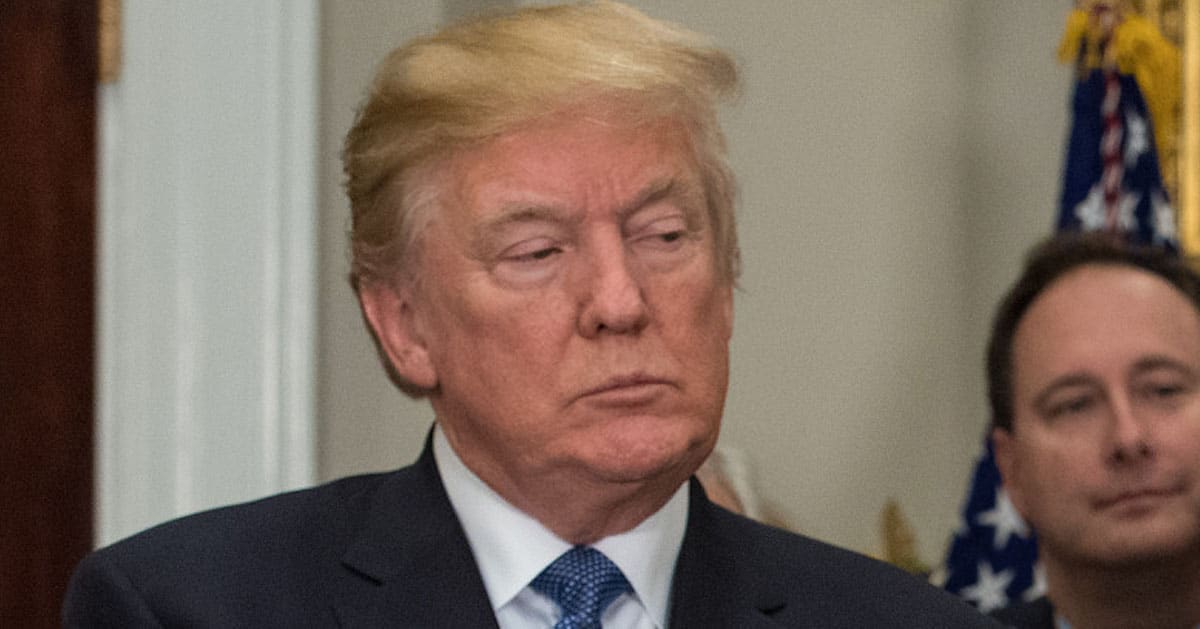



Kate Middleton’s absence from Royal Ascot stings, a reminder that even royals can’t escape life’s curveballs. The Princess of Wales, still navigating her cancer recovery, pulled out of the June 18, 2025, event, leaving Prince William to ride solo with King Charles and Queen Camilla.
Fox News reported that Kate was set to join her husband at the iconic horse racing event, but her health took priority. The decision, confirmed by Fox News Digital, reflects her ongoing struggle to balance royal duties with recovery.
No one faults her, but it’s a stark contrast to the woke crowd’s obsession with performative resilience. Originally listed for the carriage procession, Kate’s withdrawal left a gap at Ascot.
She’s reportedly disappointed, and who wouldn’t be? Missing a tradition-rich event like this isn’t just a scheduling hiccup—it’s a blow to her public role.
Her journey began in January 2024 with abdominal surgery, sparking speculation about her health. By March, Kate confirmed via video that she was undergoing chemotherapy for cancer. The announcement silenced gossip but underscored the gravity of her challenge.
“Life, as you know it, can change in an instant,” Kate said, reflecting on the tough nine months her family endured.
Her words cut through the noise of social media platitudes. They reveal a grounded woman facing real stakes, not chasing victimhood points.
In September 2024, Kate shared she’d completed preventative chemotherapy, a milestone met with relief. Yet, she cautioned, “My path to healing and full recovery is long.” That honesty dismantles the left’s fantasy of instant fixes through hashtags and therapy-speak.
By January 2025, Kate announced her cancer was in remission, a victory tempered by her focus on recovery. She’s not rushing back to please the crowd, a move that conservatives respect—duty, yes, but family first. The progressive push for relentless “empowerment” feels hollow here.
Kate’s gradual return included Trooping the Colour on June 14, 2025, alongside William and their children, George, Charlotte, and Louis. Two days later, she attended the Order of the Garter service at Windsor Castle. These appearances show her commitment, not a capitulation to public pressure.
“Doing what I can to stay cancer-free is now my focus,” Kate stated. Her clarity rebuffs the woke narrative that glorifies overwork as liberation. She’s choosing health over optics, a lesson lost on those addicted to virtual applause.
Prince William, no stranger to Ascot’s spotlight, attended alone in 2024 while Kate underwent treatment. This year, he’ll sit with King Charles, also battling cancer, and Queen Camilla. The royals’ resilience shines, even as the left might sneer at their “privilege.”
Kate’s parents, Carole and Michael Middleton, were spotted at Ascot in 2024 and again on June 18, 2025. Their presence offers quiet support, a family-first ethos that conservatives champion. It’s a far cry from the progressive mantra of outsourcing strength to “community” apps.
“The cancer journey is complex, scary, and unpredictable,” Kate said, acknowledging those closest to her. Her empathy connects, but it’s not the performative kind peddled by social justice warriors. It’s real, raw, and rooted in experience.
Kate’s ordeal has reshaped her outlook, as she noted, “It also brings you face to face with your vulnerabilities.” That reflection grounds her, unlike the left’s obsession with external validation through endless causes. Her focus on “loving and being loved” is a conservative cornerstone.
“Kate is all about her family, but she is also all about duty to her country,” author Christopher Andersen observed. He’s right, but her absence from Ascot isn’t a retreat—it’s a strategic pause.



